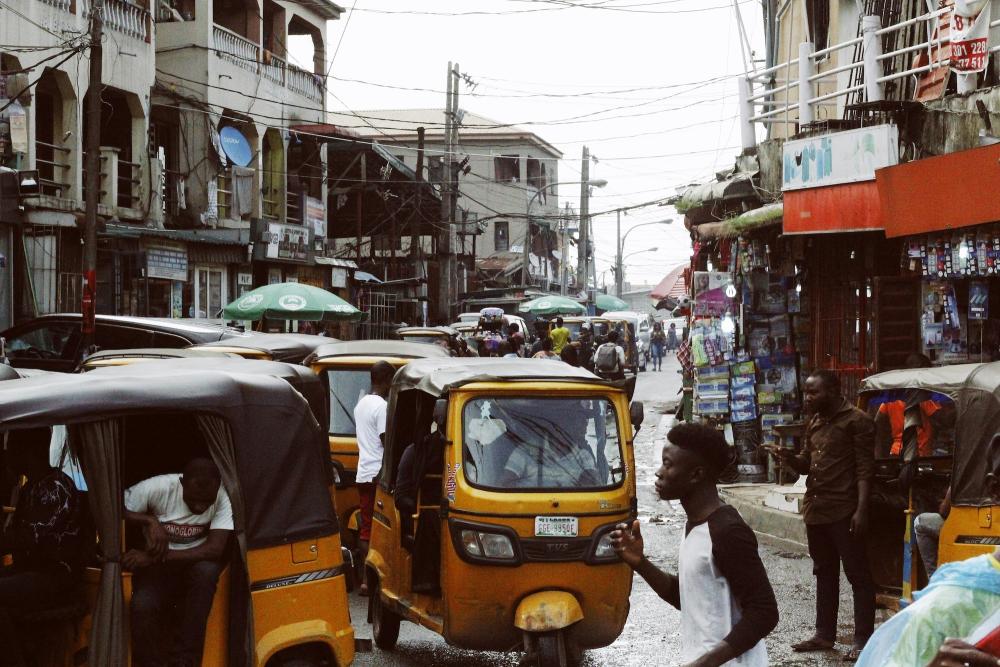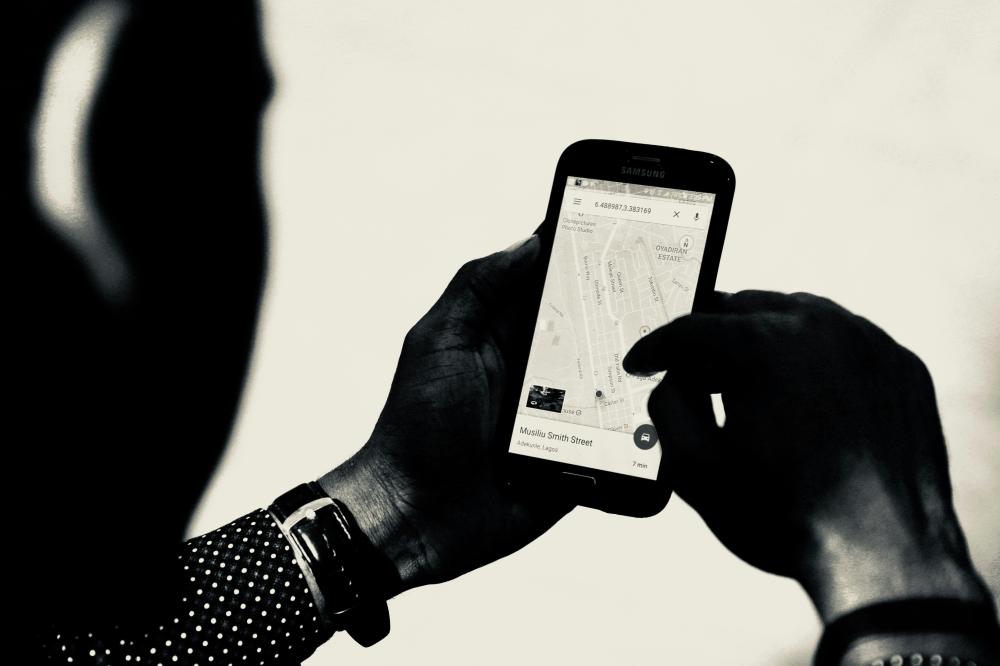How the rise of a digital Nigeria is shaping the economy


The rapid expansion of the digital space has significantly impacted economies, yet its effects on Africa are often overlooked. Taylor D.H. Rockhill examines how digitisation and gigification are transforming Nigeria's economy and questions who owns the digital space.
In the course of the last 15 years, we went from the internet being something we physically sought out, and had to ‘log in to’, to being something readily available in our pockets at all times. This expansion of the digital space has had profound impacts on the world, both positive and negative.
However, much of the critical focus of this expansion of the digital space has left out its impacts on the second-largest continent, Africa. The expansion of the digital space into our world has had some profound impacts on Nigeria’s economy, and in this piece, I will briefly outline the findings of my research on what I call the ‘digitisation’ and ‘gigification’ of the Nigerian economy.
What are digitisation and gigification?
When I first began researching the expansion of the digital space in Nigeria, I had done it with the assumption that digital automation would be the main impact. However, as I began expanding my research, I found that there was an additional way that the digital economy was having an impact, namely through the expansion of ‘gig work’ platforms.
Gig economy platforms have taken over many jobs that would have previously existed largely in the informal economy.
As such, I divide the impacts of digital Nigeria into these two categories, which I call digitisation and gigification. They are not, however, mutually exclusive; often, gigification is used to either facilitate the digitisation or if the digitisation effort falls short of expected output.
Gigification: re-informalising the formal, formalising the informal
Nigeria has a considerable informal economy. Computers, by their very nature, however, cannot exist in an informal space. The informal economy largely exists due to a significant amount of economic activity happening in an unrecorded space. Computers record everything, especially when they connect to each other. As digital bank transfers become more popular across Africa, a considerable chunk of the previously unrecorded economy now finds itself being increasingly logged by computers as they engage in ‘digital handshakes’ to transfer funds and data.
Similarly, gig economy platforms have taken over many jobs that would have previously existed largely in the informal economy, such as delivery, once again creating digital records every time a request is sent or received. In this regard, the expansion of the gig economy and online banking has forced a formalisation of previously informal spaces.
However, the expansion of the gig economy has also seen a previously formalised position trend towards informality. Editors, coders, graphic and audio artists, and professionals are increasingly finding themselves needing to sell their services on platforms like UpWork, PeoplePerHour, Fiverr, and equivalent platforms.
Previously stable, full-time employment with benefits has increasingly been taken over by temporary ‘gig’ employment, which sees any agreement between employed and employee terminated the instant the agreed upon task is completed. The ebbs and flows of demand for certain skills can lead to similar ebbs and flows in income for persons caught in this world, a similar precarious existence experienced by those in the informal economy, and written about by Guy Standing.
A question of ownership: what is Nigeria’s digital space?
As a Marxist economist, a question I frequently focus on is the question of ownership. As Marx himself focused on the ownership of the means of production, so too must we here. As Schwartz argues in his 2016 article, the technology industry is one of the most monopolised industries on the planet. Microsoft, Google, Apple, Meta (parent company of Facebook, Instagram, and WhatsApp), and Samsung have all been accused of varying monopolistic practices.
How much money is lost from the Nigerian economy and sent instead to the British and American ones?
Indeed, many of the most popular platforms that have come to dominate digital Nigeria are owned and operated outside Nigeria, mostly in the US and UK. From a development standpoint, this leaves us with a problem: given the amount of money that Nigerians spend on these platforms to benefit from them, how much money is lost from the Nigerian economy and sent instead to the British and American ones?
The future of Nigerian development
For my research, I focused on Nigeria's finance, restaurant, and film industries. In both the finance and restaurant industries, I found the overwhelming majority used Microsoft Windows for their daily operating system, whilst film preferred the Apple Macintosh OS. All three industries reported heavy usage of the Microsoft Office/365 platform daily.
The finance industry also reported considerable reliance on Microsoft’s Azure platform, the modern name for Microsoft’s cloud and server infrastructure. Nigeria’s film industry reported heavy usage of Netflix, YouTube, and Amazon Prime to distribute films both within and outside of Nigeria. The above-mentioned gig economy platforms are all from outside Nigeria.
This reliance on foreign intellectual property (IP) and platforms could spell disaster for the future of Nigerian development. Nath and Hazra pointed out, as far back as 2002, the deleterious impacts that India’s over-reliance on foreign IP and investment would have on India’s long-term development, a fact that has largely come true as British and American businesses began to automate the infamous call centres, or rebased many of their operations out of India and into cheaper places, a move that would contribute to the economic stagnation that would see the rise of Modi and the far-right Bharatiya Janata Party (BJP).
As such, it is vital that as we discuss the development and growth of digital Nigeria, we push for the creation of a truly Nigerian digital space, with more development of Nigeria’s digital infrastructure as owned by Nigerians rather than foreign entities. Or, perhaps even better would be a push for more digital development through the open source sphere.
Header image credit: Muhammad-taha Ibrahim via Unsplash.
About the author
Taylor D.H. Rockhill is a PhD student in the Department of Development Studies.




